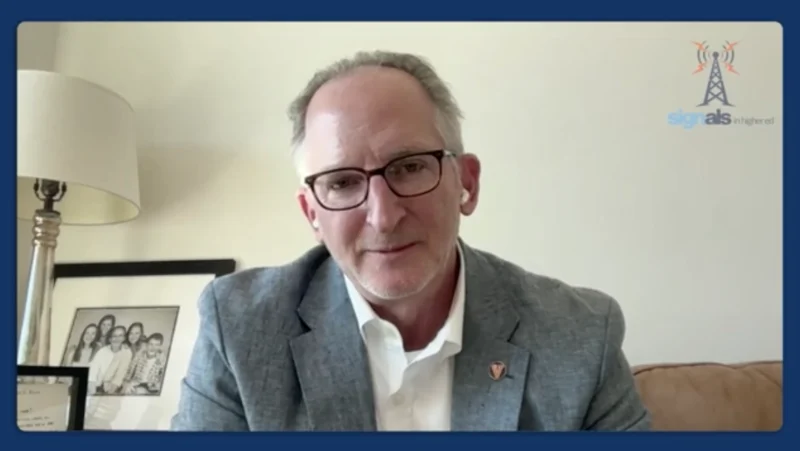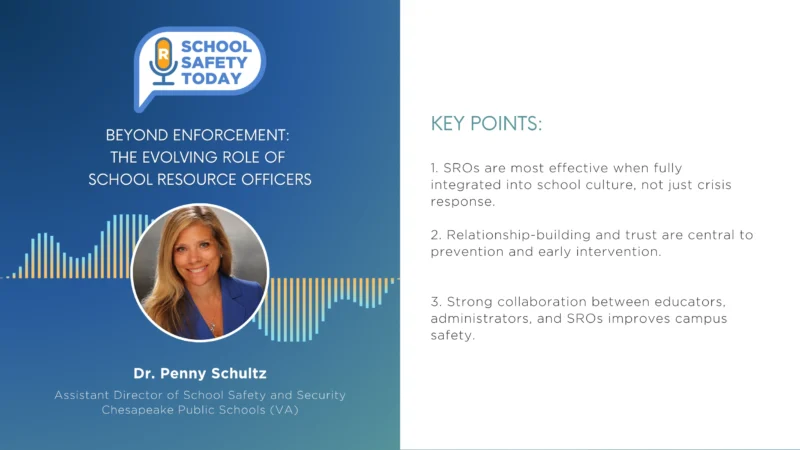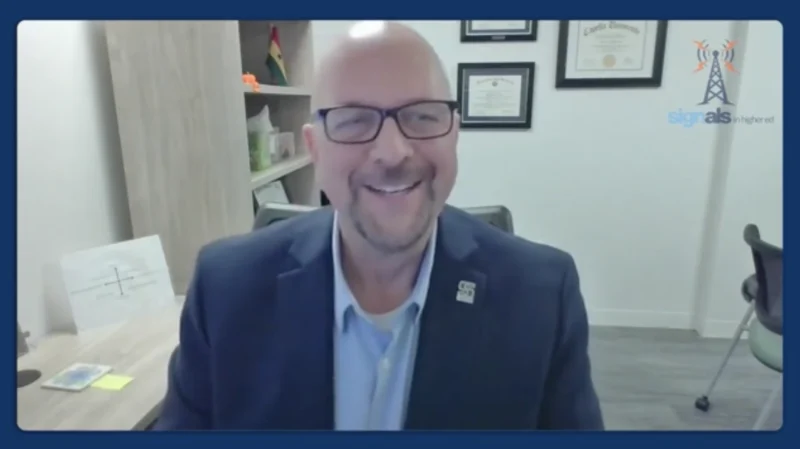The Hidden Side of Mental Health in Journalism and Law Enforcement
In today’s fast-paced and often unforgiving world of journalism, one seldom hears the mental health stories behind the storytellers. The mental toll it takes to uncover and report on harrowing events is a subject rarely broached. But the latest episode of SecurED changes that. Host and CEO of M6 Global Defense, Mike Matranga, delves into this critical issue with Anastasiya Bolton, Founder & CEO of ViKSTORY Media.
The Underlying Question:
How can journalists confront and cope with the traumatic experiences they encounter while reporting, and how can schools better support the mental health of students and staff following tragic events?
The Discussion Scope:
In this candid conversation, Matranga and Bolton shed light on a pressing concern that’s rarely discussed in media circles. The focus is twofold – the mental health of journalists and that of school communities impacted by tragic events, such as mass shootings. Here are the key takeaways:
1. Normalizing Journalists’ Mental Health:
Anastasiya Bolton emphasizes the need for journalists to break their silence about the emotional trauma they often endure due to their work. Journalists witness distressing events, yet they rarely discuss their own struggles. This silence, Bolton argues, should be broken, and there should be a push to normalize these conversations within the media industry.
2. Monitoring Mental Health Post-Tragedy:
The discussion also shifts towards the mental health of school communities, specifically in the aftermath of events like mass shootings. Bolton raises concerns about the resources available to monitor the well-being of staff and students returning to school. She highlights the need for comprehensive health support and training for educators, superintendents, and school board members to address the challenges faced by these communities.
3. Communicating Trauma and Its Impact:
Effective communication strategies play a vital role in helping individuals deal with trauma. Mike Matranga shares his personal experiences of stress and traumatic events, which are not uncommon among many individuals. The discussion highlights that trauma is not a competition, and recognizing the signs and symptoms in oneself can be a crucial step towards seeking help.
Anastasiya Bolton: A Voice for Change
Anastasiya Bolton brings a wealth of experience to this discussion. As the Founder & CEO of ViKSTORY Media, she’s not only a journalist but a vocal advocate for open conversations about mental health, particularly in the world of journalism. Her insights into victim advocacy and communication strategies offer valuable guidance in tackling the mental health challenges faced by communities affected by traumatic events.




